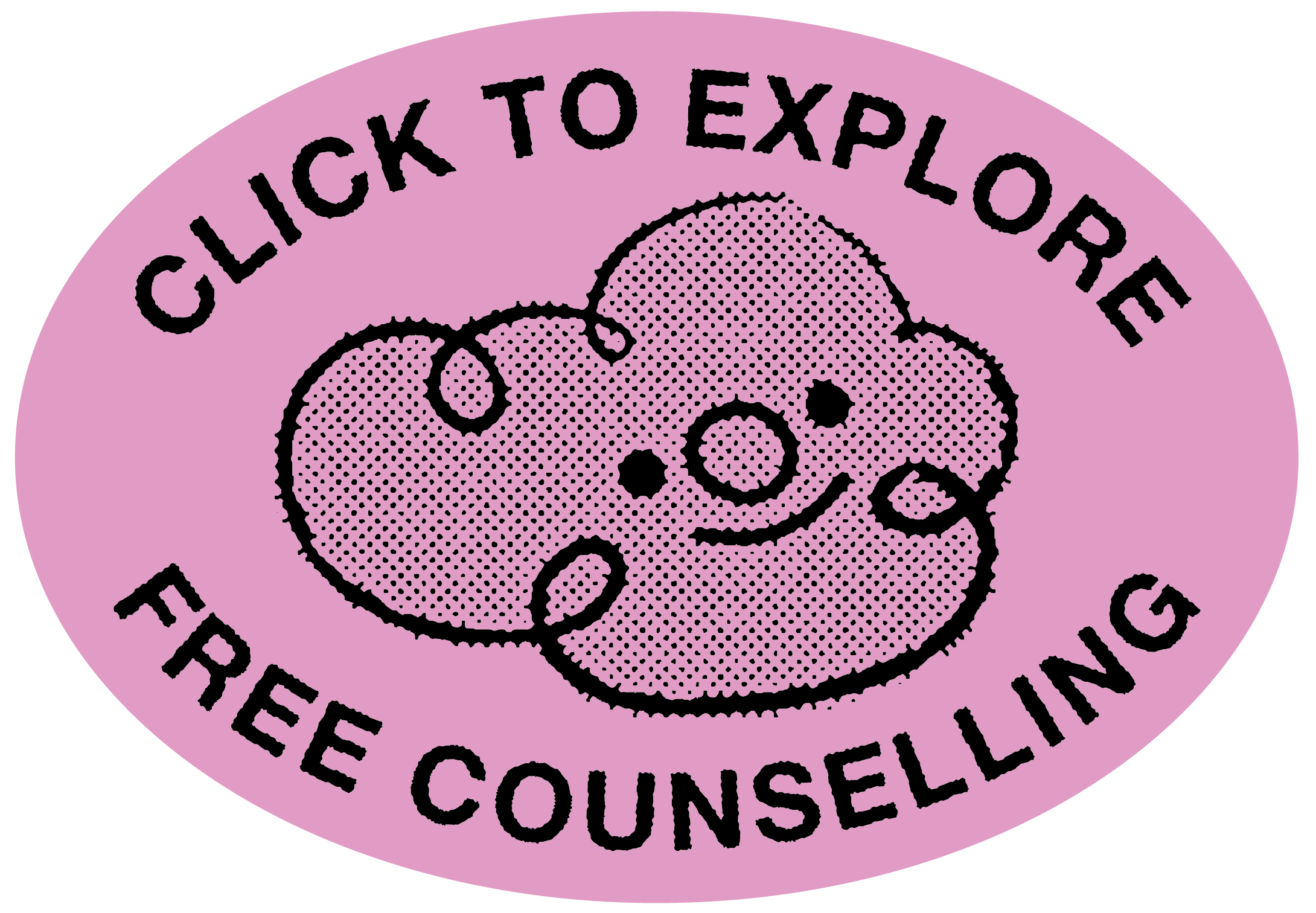The Mind Map
Book a Counsellor Menu
Close
About
Book a Counsellor
Mental Health First Aid
Free Help
The Journal
Issues & Conditions
Search
Book a
Counsellor
Scroll below – to book an online appointment with a qualified counsellor.

Search
All Counsellors
Dealing with
AnxietyDepressionOCDAddictionRelationshipsTraumaCOVID-19GriefSleepPhobiasSelf Esteem
Book Hannah Ward
Hannah Ward
Book a session for £39
Hannah is a BACP counsellor working with a range of issues including anxiety, depression, relationships, self-esteem and stress.
The Liverpool native will help you deal with emotional issues and gain a better understanding of yourself. Her approach is confidential empathic and bespoke. Person-Centred means that you are the focus of the therapy and are given space and opportunity to reflect on your experience.
https://themindmap.co.uk/wp-content/uploads/2019/05/TMM5-2.jpg
14
https://themindmap.co.uk/wp-content/uploads/2020/12/bacp.jpg
Back to List
Location

Forename Surname

Close
-
Select Service
-
Custom Fields
-
Select Date & Time
-
Enter Information
-
Payment Method
-
Verify Order Details
-
Confirmation
Select Service
Please select a service for which you want to schedule an appointment
Select Service
Please select a service for which you want to schedule an appointment
Custom Fields
Please answer this set of questions to proceed.
Select Date & Time
Click on a date to see a timeline of available slots, click on a green time slot to reserve it
Enter Information
Please provide you contact details so we can send you a confirmation and other contact info
Payment Method
You can either pay online using your credit card or PayPal, or you can pay on arrival with cash
Verify Order Details
Double check your reservation details and click submit button if everything is correct
Confirmation
Your appointment has been successfully scheduled. Please retain this confirmation for your record.
Questions?
Email info@themindmap.co.uk for helpSummary
Service
Duration
Agent
Hannah
Date
Time
Customer
Total Price